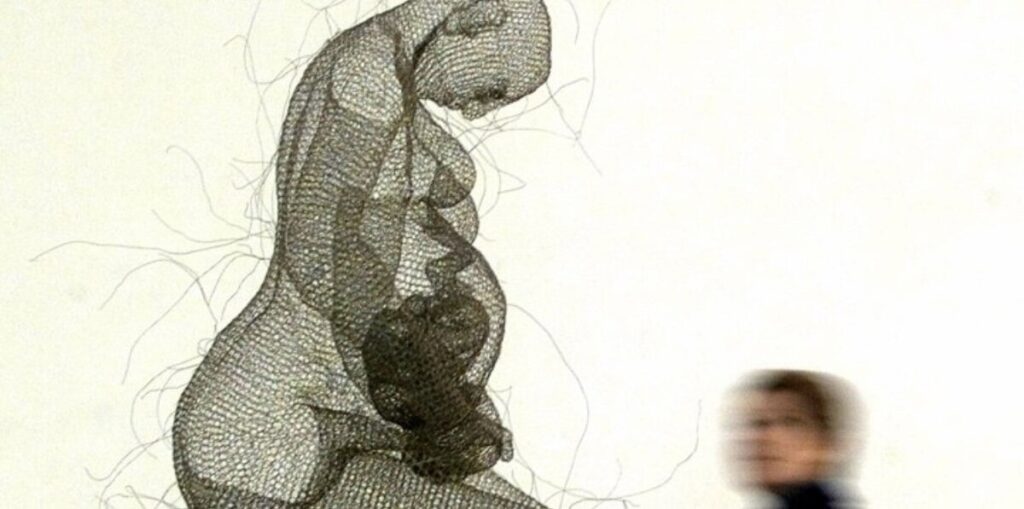
Along the highways of states where support for abortion is at its lowest, it’s not uncommon to see road signs that say choose adoption and similar messages. The signs capture a preferred anti-abortion retort to outcries over abortion restrictions, like the kind Georgia and Alabama just passed: Women with unwanted pregnancies should find adoptive families.
Adoption is a choice that certain women who don’t wish to keep their babies enter into happily. Some women find abortion to be anathema and rule it out among their options for an unwanted pregnancy. And for women considering abortion who ultimately settle on adoption, the process often benefits everyone involved.
Of course, adoption is not a reasonable option for all pregnant women. Some girls and women would imperil their health if they carried a baby to term. Many pro-abortion-rights people believe it is immoral to compel a woman to carry a pregnancy she does not want, especially if that pregnancy is a result of rape or incest. And some studies show that abortion is medically safer than childbirth.
But even among American women for whom carrying a child to term would be safe, adoption is a remarkably unpopular course of action. Though exact estimates for all women are hard to come by, the Centers for Disease Control and Prevention reports that among never-married women, about 9 percent chose adoption before 1973, when Roe v. Wade legalized abortion. (The figure was higher for white women: 19 percent.) By the mid-1980s, the figure had dropped to 2 percent, and it was just 1 percent by 2002, the last year the CDC data captured. In 2014, only 18,000 children under the age of 2 were placed with adoption agencies. By comparison, there are about 1 million abortions each year.
The available research on adoption’s relative unpopularity is still limited. But the sociological studies that exist suggest that some women who are deciding between adoption and abortion find adoption to be more emotionally painful than abortion. And the reason complicates the narrative around abortion on both sides.
For the most part, women are not choosing abortion instead of adoption. In fact, both adoption and abortion rates have fallen over time, while births to unmarried women have risen over the past few decades. This suggests to some researchers that women are choosing between abortion and parenting, and more and more, unmarried women are choosing parenting. “Women just generally aren’t interested in adoption as a reproductive choice,” says Gretchen Sisson, a sociologist at the Advancing New Standards in Reproductive Health research group of the University of California at San Francisco. “It’s an extremely rare pregnancy decision.”
The move away from adoption is part of the historical trend toward reduced societal stigma for unwed mothers. Today, women who are inclined to go through with a pregnancy are simply keeping their babies. In a 1992 story about the drop in adoption placements, Debra Kalmuss, a professor at the Columbia University School of Public Health, told The New York Times that in past decades, many unmarried women had been sequestered during their pregnancies. The babies were placed with adoption agencies, and the women returned to their normal life. “Relinquishing a baby for adoption really ceased to be a mainstream choice after abortion became legal,” Kalmuss told the paper.
Meanwhile, many pregnant women who don’t wish to become mothers seem to have a dim view of the adoption process, according to a study that Sisson and her colleagues published in 2017 in the journal Women’s Health Issues. The researchers relied on the Turnaway Study, a five-year, longitudinal look at women who sought abortions at 30 U.S. clinics from 2008 to 2010. The authors interviewed 956 women, 161 of whom went on to give birth, and 15 of whom chose adoption. They also had more in-depth conversations with 31 of those women, 16 of whom received abortions, and the rest who did not.
Continue reading here.
[Editor’s Note: This article was written by Olga Khazan and originally published at The Atlantic. Title changed by P&P.]











